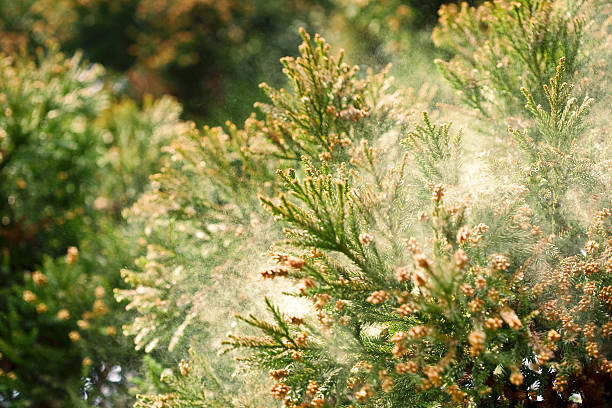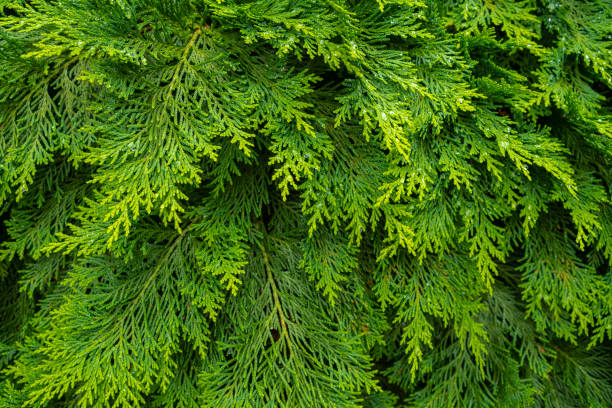Cedar

Cedar, any of four species of ornamental and timber evergreen conifers of the genus Cedrus (family Pinaceae), three endemics to Mediterranean mountain ranges and one to the western Himalayas. Many other coniferous trees classified as "cedars" resemble real cedars in that they are evergreen and have aromatic, sometimes crimson or red-tinged wood that is decay-resistant and insect-repellent in many situations. The ubiquitous "cedarwood" of pencils, chests, closet linings, and fence posts comes from the huge arborvitae, incense cedar, and some junipers (viz., red cedar; q.v.); an oil derived from the wood is used in many cosmetics.
True cedars include the Atlas cedar (C. atlantica), Cyprus cedar (C. brevifolia), deodar (C. deodara), and Lebanon cedar (C. libani). They are towering trees with big, uneven crowns of spreading branches and large trunks. Young trees have smooth, dark-gray bark that ages to become brown, fissured, and scaly. The needlelike, three-sided, stiff leaves are dispersed along the long shoots and form dense tufts at the tips of the short spurs. Each leaf has two resin channels and lasts three to six years on the tree. The huge, barrel-shaped, resinous female cones, which are greenish or purple in color, are carried on short stalks and are covered by wide, thin, tightly overlapping woody scales, each with a clawlike protrusion.
Cedarwood is light, soft, resinous, and long-lasting, even when exposed to soil or damp. It is a significant structural wood in its native regions but is rarely used abroad. The fragrant oil is produced during the distillation of the wood. Many Atlas cedar and deodar species are popular ornamentals in North America, particularly along the Pacific and Gulf coasts.









